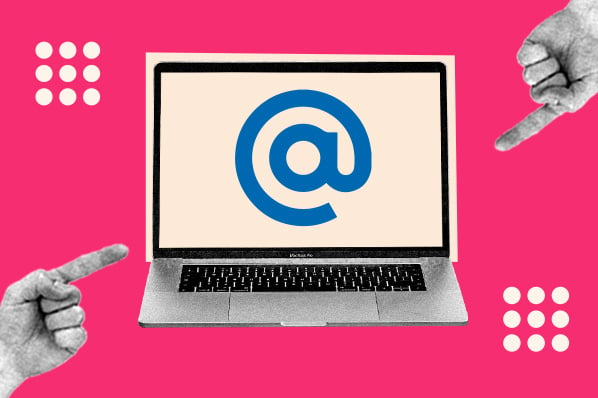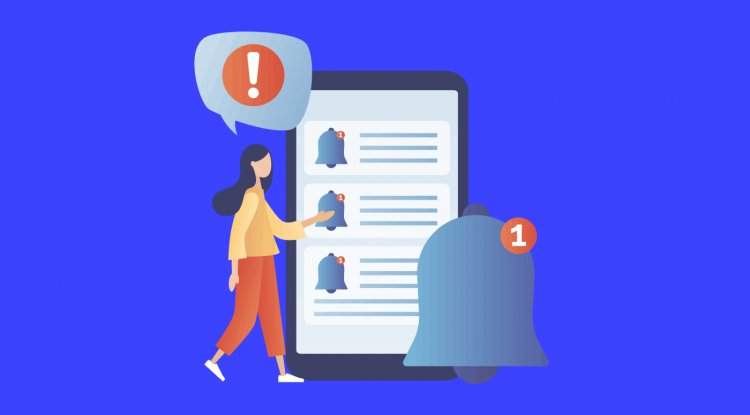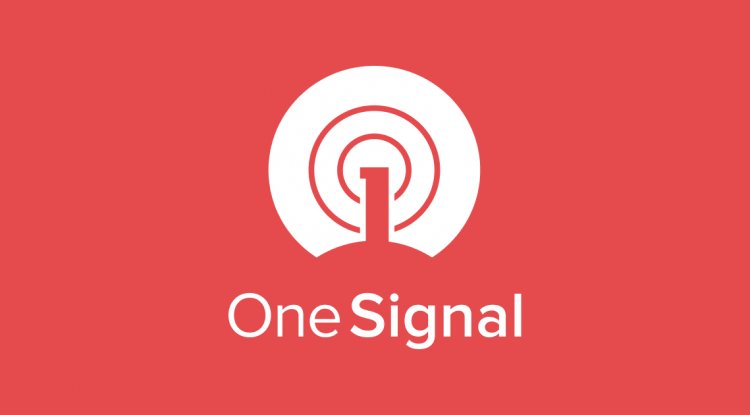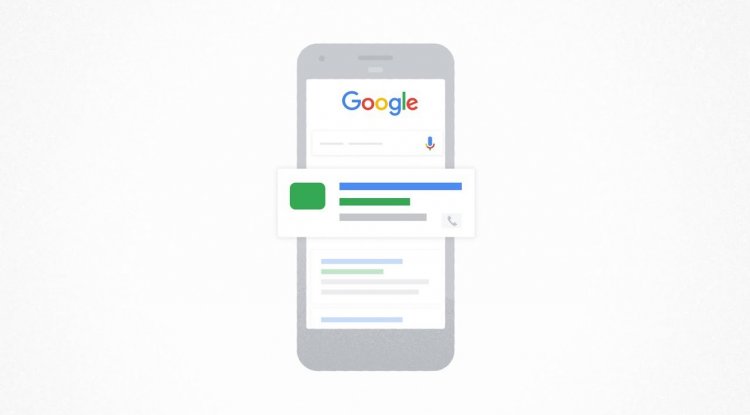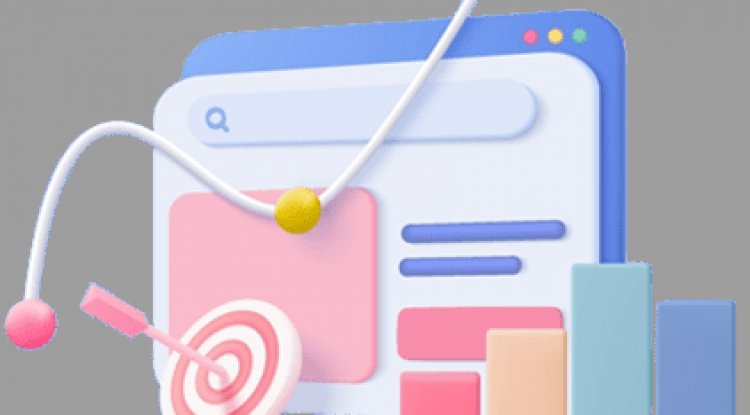How to file taxes online, including free options
What to know about Direct File, Free File, and other online-filing options.


You may want to run, you may want to hide, but for most American earners, there's no escape from the inevitable: filing your taxes.
The oh-so-joyful tax season is finally upon us, but this year, there's a twist.
For the first time ever, the Internal Revenue Service (IRS) will allow some taxpayers to file online for free directly to the IRS, using the agency's own in-house software and customer service support through a pilot program called Direct File.
The IRS has not announced when Direct File will begin accepting online returns, but it will start as invite-only in the beginning. Additionally, only taxpayers who live in Arizona, California, Florida, Massachusetts, New Hampshire, New York, Nevada, South Dakota, Tennessee, Texas, Washington, and Wyoming will be eligible.
The IRS plans to make the pilot accessible to more people in those states as it assesses how well the program is performing.
Since the program will only be available to a fraction of taxpayers this year, you should still explore all of your options for filing online in 2024. That includes the IRS's existing Free File program, which offers free access to tax preparation software offered by certain private companies, as well as paid tax preparation services offered by private companies.
Ruth Susswein, director of consumer protection for the advocacy nonprofit organization Consumer Action, told Mashable that it's ideal if taxpayers have all the information they need before starting their return. This should include your and your dependents' Social Security numbers and any tax forms you have received, like a W-2 or 1099s.
"No one considers this fun, but just try to make this as painless as possible," said Susswein.
When will tax returns be accepted by the IRS?
If you'd like to get the 2023 tax season over with as soon as possible, you can submit a return as early as Jan. 29, 2024. The deadline to file is April 15, 2024.
Can I use Direct File?
The Direct File pilot will initially be invite-only. Certain government employees will be able to use Direct File, after which it will be opened up broadly to residents of the 12 eligible states, the IRS told Mashable.
It's worth paying attention to the rollout given the convenience that Direct File aims to deliver. For example, Direct File doesn't require you to buy or download software. It can be used on a mobile device as well, and is available in English and Spanish.
The service walks taxpayers through the return process and provides a checklist to easily review progress. At the end, users receive a summary of their 2023 taxes. The service also offers live assistance directly from an IRS Direct File customer service representative
If you live in one of the participating states, you should monitor the IRS Direct File website for updates. You can also subscribe to the Direct File newsletter. The IRS anticipates expanding access to the pilot in mid-March.
The IRS told Mashable that the agency wants to learn more about Direct File through the pilot. The agency will make a decision about its future — and whether to make it a nationwide initiative — at a later date.
While there is no income limit for Direct File, it is currently designed for simple returns. You will not be eligible if you have gig economy or business income, itemize your deductions, or claim credits like the Child and Dependent Care Credit or Saver's Credit.
Can I use Free File?
Free File is the IRS' no-cost service available for taxpayers whose adjusted gross income is $79,000 or less. Free File does not use any in-house IRS software but instead offers taxpayers access to tax preparation software from several private companies. The IRS' Free File partners include TaxSlayer and TaxAct.
To ensure that you're accessing free tax preparation software through this program, you must go to the IRS' website to begin your return. If you go to a Free File partner's website instead, you will not be able to access the software for free.
In the past, former Free File partner TurboTax "tricked" users into paying for their return when they were eligible for the free service, according to ProPublica. TurboTax is no longer a Free File partner.
Free File is designed to guide taxpayers through their return, and some partners allow users to also file their state tax return. The service is available in English and Spanish.
If you exceed the income limit for Free File, you can use the free fillable forms offered by the IRS to file your return online. These computerized forms allow users to enter all of their information for their return, but there is no software to guide them through the process.
Paid tax preparers
If you can't or prefer not to use Direct File, Free File, or the IRS' free fillable forms, you can use a tax preparer. Household names like H&R Block and TurboTax offer paid tax preparation services, as do local and regional accounting firms.
With the exception of qualified programs like Volunteer Income Tax Assistance and Tax Counseling for the Elderly, most tax preparation services are not free. In fact, the Federal Trade Commission just found that TurboTax engaged in deceptive practices when it marketed its tax products and services as "free" when many consumers were actually ineligible.
The commission prohibited TurboTax's parent company Intuit from claiming a product or service is free unless every consumer qualifies or its advertising discloses who qualifies.
What are the benefits of filing electronically?
Among the benefits of filing online are that it's free if you qualify for Direct or Free File, and you can receive any refund faster if you e-file and choose direct deposit.
Even if taxpayers don't owe any taxes for the latest year, Susswein urges them to file a return so they don't miss out on receiving the Earned Income Tax Credit (EITC), should they qualify for it. Susswein said the credit is meant to help low- to moderate-income workers receive money from their federal return. Parents with three or more children can receive as much as $7,430, and a child-free, single person can get a maximum of $600.
Consumer Action has a guide to who qualifies for the EITC and how to claim the credit.
Beware of anticipation loans and scams
As taxpayers navigate the tax return season, Susswein urges them to beware of refund advances, or tax anticipation loans, and scams.
Susswein said that refund advances offer a partial amount of a tax refund but come at a hefty cost, which can include fees and interest. While some filers might find an advance necessary, Susswein said that refunds can typically come within 21 days of filing electronically. If you can hold off on an advance during that period, you'll get the entire amount of a refund for no fee.
Additionally, be skeptical of efforts to obtain your personal and financial information during tax season. Susswein said that if you're suddenly hearing from someone purporting to be with the IRS, particularly over email or text, don't hand over any sensitive information. Such inquiries are all but certainly a scam designed to prey on stressed-out taxpayers.
What's Your Reaction?












